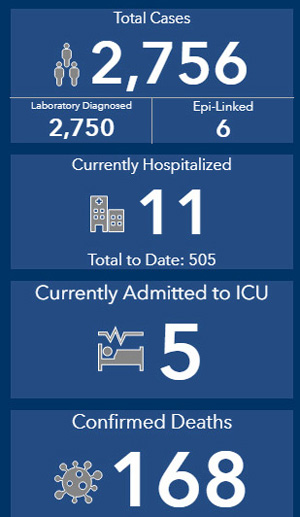
Tuesday June 16, 2020 ~ VANCOUVER, bC
by Mary Brooke, B.Sc., Editor ~ West Shore Voice News
Everyone in BC needs to keep up with what “we know works” against spread of the COVID-19 virus: safe physical distancing, frequent hand washing, not gathering in large numbers, and staying home if we’re the least bit unwell.
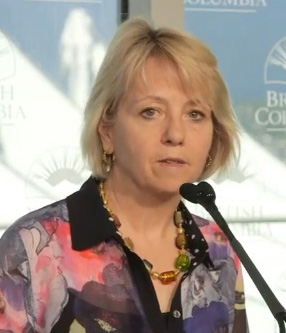
That was the overall messaging of today’s COVID-19 briefing by Provincial Health Officer Dr Bonnie Henry in Vancouver.
BC has flattened the curve — perhaps ‘too well’ from a perspective of people being very cautious about returning into active participation within the economy.
More COVID-19 pandemic data modelling is coming next week on Monday June 22. This will show the results of two 14-day incubation periods (May 19 to June 15) and the impacts of continued physical distancing and staggered re-entry into the economy.
“We’ve been thoughtful and measured in our response and adapting as we go. It will be a a gradual transition,” said Dr Henry in a manner of repeating her message about staying the course with public health measures that everyone can do against the spread of the virus.
Continuation of physical distancing, frequent handwashing, restricted sizes of gatherings, and so on will need to be continued by everyone in BC until there is an effective treatment of a vaccine again COVID-19, said Dr Henry today.
Re-opening process relies on continued physical distancing:
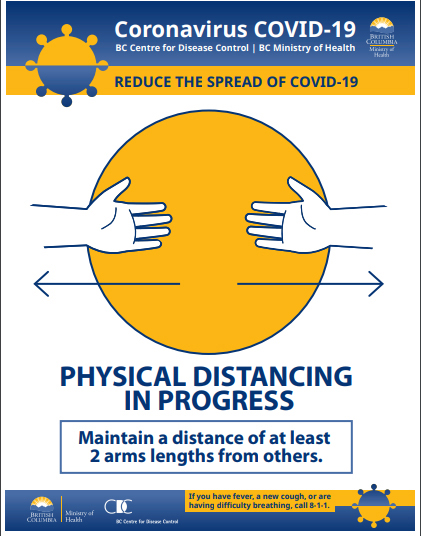
“We have learned to adapt at each of the stages. We learned how to keep grocery and pharmacies open and going, we worked through how to do that. We figured out our safe distances to reduce constriction in stores,” said Dr Henry. She itemized that people are figuring out how to manage numbers of people and when to wear mas,s
“We have flattened curve,” which she said has allowed for the opening of more retail and restaurants, and has allowed for adding more surgeries in the health care system.
The transition has included opening up in-classroom teaching, explained Dr Henry. “We learned how to do that and adapt in that system as well.” She reflected that guidances will allow for modified and expanded restaurants in the summer months (such as by using patio and boulevard spaces), to support further reopening. She emphasized the use of ‘engineering controls’ such as barriers. “Smaller groups in restaurants are safe.”
Businesses that have opened with these layers of protection are what we need to safely operate – for customers and employees.
“We are developing guidance for more things like spas, resorts, recreational sports. We will safely restart other parts of economy,” said Dr Henry today.
WorkSafeBC is responsible for much of the development of guidances for business. Businesses are to develop their plans based on the guidance, and may open if they have a plan posted on their website or premises. Inspectors will come around to see things in action.
She noted how data and analysis by the BC Centre for Disease Control makes it possible “to be able to do this and how to use foundations to continue to make it safe”.
Danger zones:
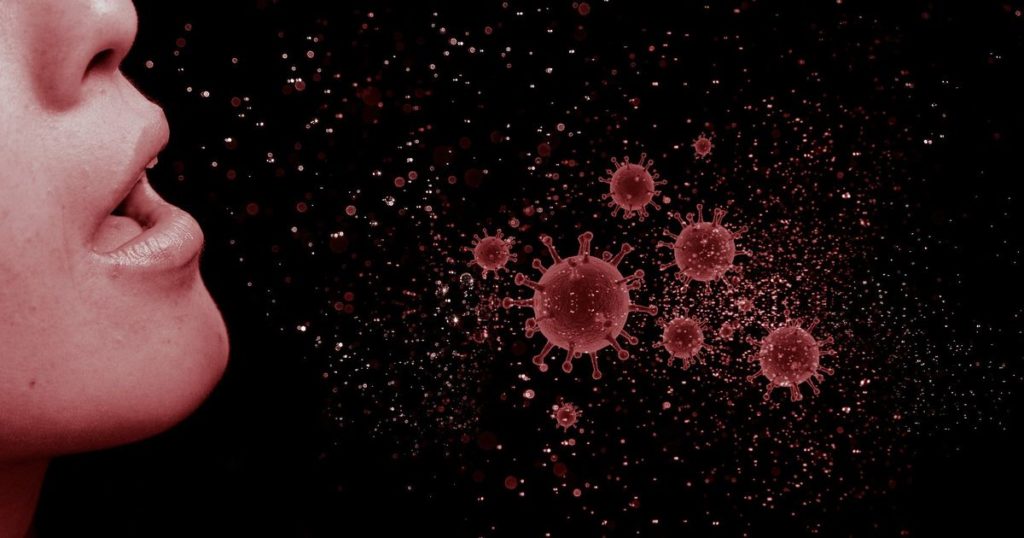
Things like singing and speaking loudly –whether in choirs or other gatherings — and whether indoors or outdoors — are not safe for containment of the COVID-19 virus, said Dr Henry today.
The limit on gathering size will remain at 50, she said, adding that won’t be changing any time soon. The size limitation has a lot to do with the efficiency by which public health teams can do contact tracing if an outbreak does occur.
COVID-19 stats in BC today:
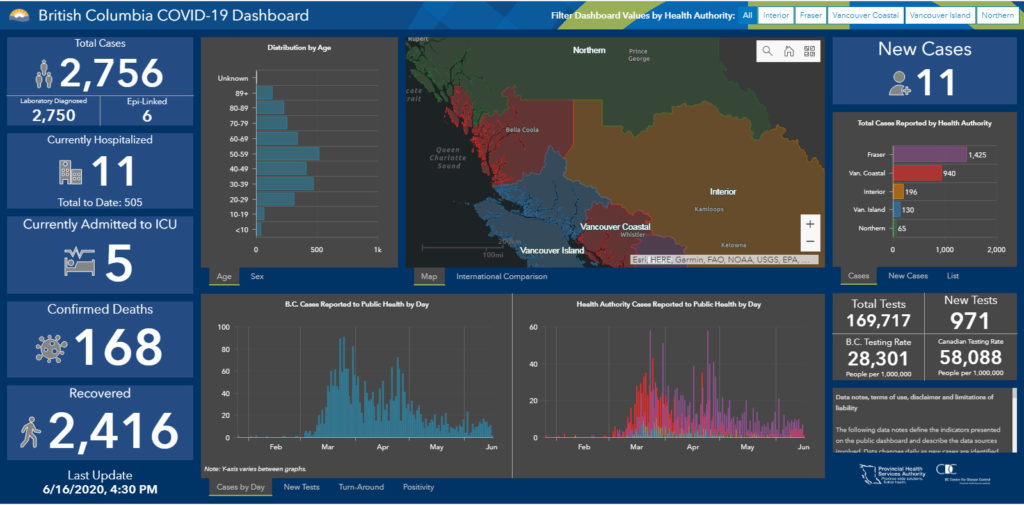
As of mid-day today June 16 in BC, there are 11 new cases of COVID-19: 10 people have positive (one of those is epi-linked). A total of 2,756 people have contracted COVID in BC (2,416 have fully recovered).
Of the total cases, 100 infections have been seen in youth and children (62 in ages 10 to 19, and 38 in children up to age 10). That’s up from 97 cases at June 12. Seven of the cases among children in the age 10 to 19 age group have been on Vancouver Island.
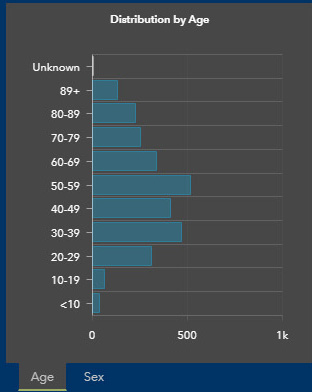
Case distribution: 940 in Vancouver Coastal, 1,426 in Fraser, 130 Vancouver Island, 195 Interior, 65 Northern.
There are 172 active cases, seeing 11 in hospital (five of those in ICU).
There is one new health care outbreak, that’s at the Maple Hill long term care at Langley Memorial Hospital. That makes for five outbreaks in the health care system. That’s now up to 579 cases (357 residents, 222 staff who have tested positive in the acute care system). Monitoring and support will continue at those five locations, said Dr Henry.
The death tally stands at 168 still in BC (five of those on Vancouver Island); no new deaths reported today in BC which is a run of about seven days now without a new death in this province directly related to COVID-19.
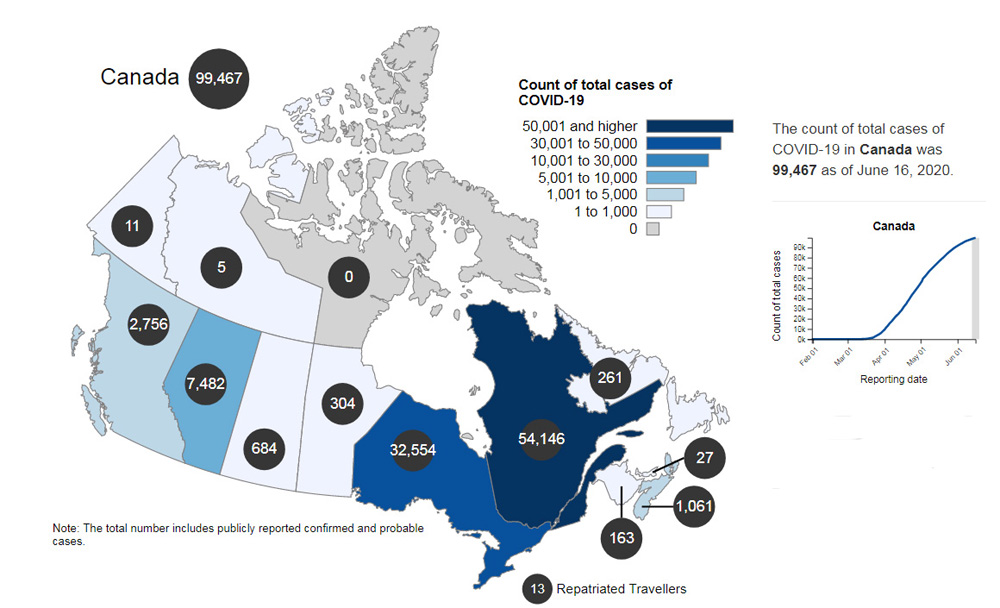
By comparison across Canada, there are 99,467 cases of COVID-19: most cases in Quebec (54,146), then Ontario (32,554), Alberta (7,482), BC (2,756), Nova Scotia (1,061) and others.
Globally there are 7,941,791 cases of COVID-19 as of June 16 (118,502 new in the last 24 hours), and 434,796 deaths (3,255 new).
COVID-19 in 2020:

There is no known treatment and no vaccine against COVID-19, a novel coronavirus that became apparent at the end of December 2019 in China and began spreading around the world as early as January 2020.
BC officially declared COVID-19 as an infectious pandemic on March 18, but had already brought in their pandemic response earlier in the month.
BC remains in a State of Emergency, presently to end of day June 23. The state of emergency has been extended for now 14 weeks and may go longer, it was indicated by Premier John Horgan last week.
Canada-US border closure extended to July 21:
To help contain the spread of COVID-19 in Canada, today Prime Minister Justin Trudeau announced an extension of the border closure between CAnada and the United States, continuing now to July 21, 2020.
For BC, there is a major concern about spread from nearby Washington State. That can happen by way of essential supply chain workers (truckers etc) and also any of the now-approved family reunification visits involving persons who live in both countries who are an active family unit.
Preparing for the second wave:

Today Health Minister Adrian Dix said that BC is continuing to build its supply of personal protective equipment (PPE) in preparation for a second wave or any future pandemics.
Dix said that have a buffer of some PPE already on hand when COVID-19 hit gave the province time to plan a strategy for obtaining more. More domestic production (within BC) of PPE is part of the plan going forward, as well as continuing to work with federal procurement supply systems.
Dix is pleased that the number of emergency room visits is up (reflecting the confidence of British Columbians to use that service), compared to lower usage during the height of the initial wave of COVID-19.
![Hon John Horgan, MLA [Langford-Juan de Fuca]](https://islandsocialtrends.ca/wp-content/uploads/2020/04/LFDJdFConstituency-WSVN-covid-banner-728x90-web.jpg)


